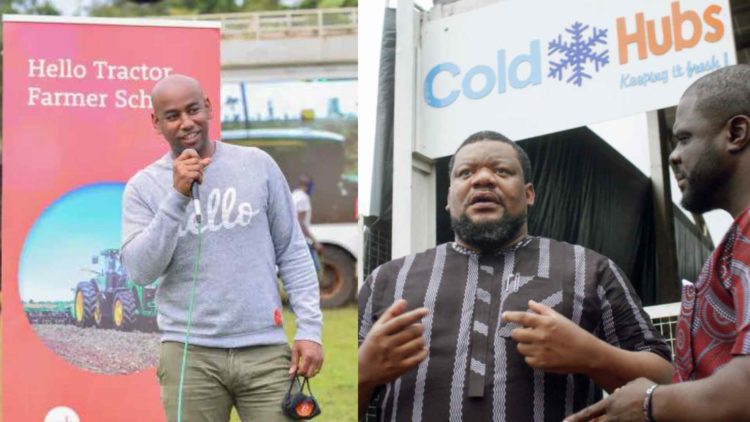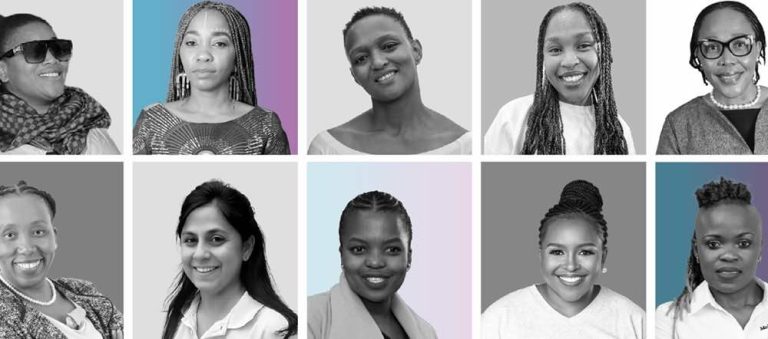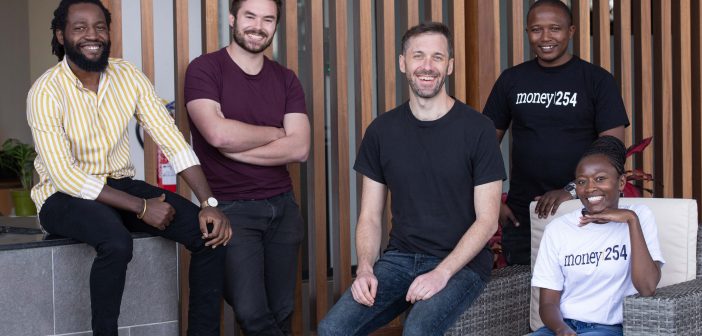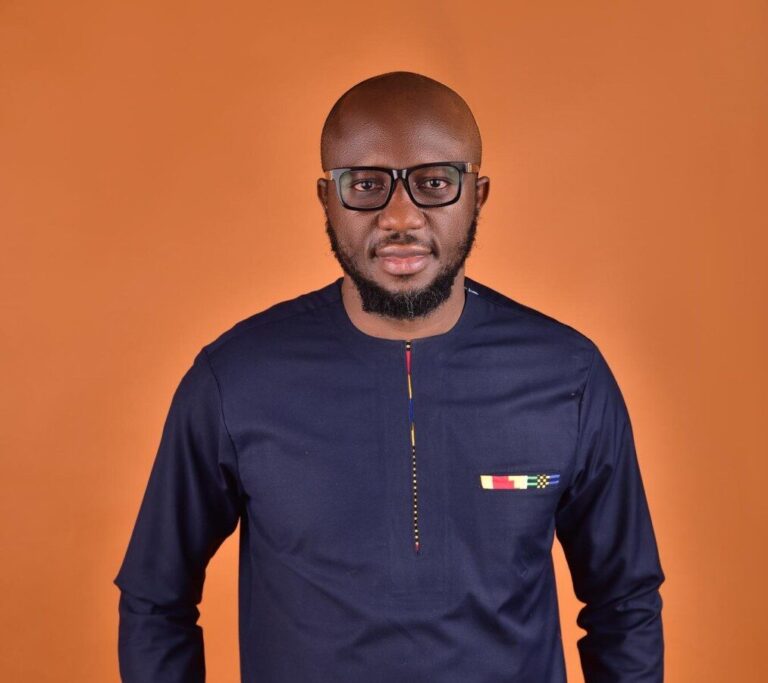ColdHubs (Nigeria) and Hello Tractor (Kenya) are the winners of Heifer International’s US$1.5 million AYuTe Africa Challenge

The winners of the inaugural US$1.5 million Heifer International AYuTe Africa Challenge were announced today: Nnaemeka Ikegwuonu, founder and CEO of ColdHubs, a Nigerian company that provides solar-powered walk-in coolers for smallholder vegetable farmers, and Jehiel Oliver, founder, and CEO of Hello Tractor, a Kenyan company that has become known across Africa as the “Uber of tractors.”
The winners, known as the 2021 AYuTe Africa Champions, were chosen from a large field of young agritech innovators from across the continent and unveiled at the African Green Revolution Forum (AGRF) Summit in 2021.
“Today, young, creative professionals across Africa are deploying tech solutions that are reinventing agricultural and food production,” said Adesuwa Ifedi, senior vice president of Heifer International’s Africa Programs. “We want to do our part to assist firms like HelloTractor and ColdHubs in providing much-needed products and services to Africa’s smallholder farmers in order for them to create sustainable, lucrative businesses.”
The companies who win the AYuTe Africa Challenge will receive a significant monetary investment—a total of US$1.5 million in grants—as well as continuing support from a team of experienced advisers—seasoned business veterans—to help them turn their financing into an ambitious expansion strategy.
This is part of Heifer International’s mission to help young entrepreneurs build low-cost technology solutions that will help them scale their enterprises. As a result, African farmers will have better access to services, allowing them to address long-standing obstacles while also inspiring a new generation to pursue prospects in agriculture.
Farmers may connect with local tractor owners on the Hello Tractor marketplace and reserve a machine for as long as they need it utilizing Hello Tractor’s technology.
ColdHubs owns and runs dozens of small, walk-in solar-powered coolers at rural Nigerian produce markets. The self-contained, transportable modules allow local farmers to keep their beans, peppers, tomatoes, and other produce fresh for days or weeks, decreasing wastage.
While many agritech challenges focus on early-stage firms and ideas, the AYuTe Africa Challenge looks for solutions that have been market-tested, are farmer-ready, and are positioned to have a large-scale impact across many countries food systems. HelloTractor and ColdHubs both meet these requirements.
Hello Tractor’s founder and CEO, Jehiel Oliver, stated, “Our vision is for Hello Tractor to be available across Africa, and we’re pleased that winning the AYuTe Africa Challenge would help us achieve that goal.” “Every year, about 15,000 new tractors are sold in Africa, while India alone sells about one million. Our farmers clearly require a greater number of tractors, and Hello Tractor provides a tried-and-true method for expanding access to this critical equipment.
“I believe that with the help of Heifer and the AYuTe Africa Challenge, we can grow from 50 to over 5,000 ColdHubs across West Africa in five years, providing new revenue options for smallholder producers,” said Nnaemeka Ikegwuonu, CEO of ColdHubs.
“Too many African farmers don’t get paid what they’re worth because they can’t keep their produce fresh, forcing them to sell it soon after harvest. ColdHubs provides a low-cost, pay-as-you-go refrigeration solution right in the heart of local markets.”
Heifer International devised the AYuTe Africa Challenge (AYuTe stands for Agriculture, Youth, and Technology) based on four decades of work as a valued partner of African farmers—and witnessing firsthand the dramatic contrast between local farms with access to modern technologies and those without.
Heifer International devised the AYuTe Africa Challenge (AYuTe stands for Agriculture, Youth, and Technology) based on four decades of work as a valued partner of African farmers—and witnessing firsthand the dramatic contrast between local farms with access to modern technologies and those without.







